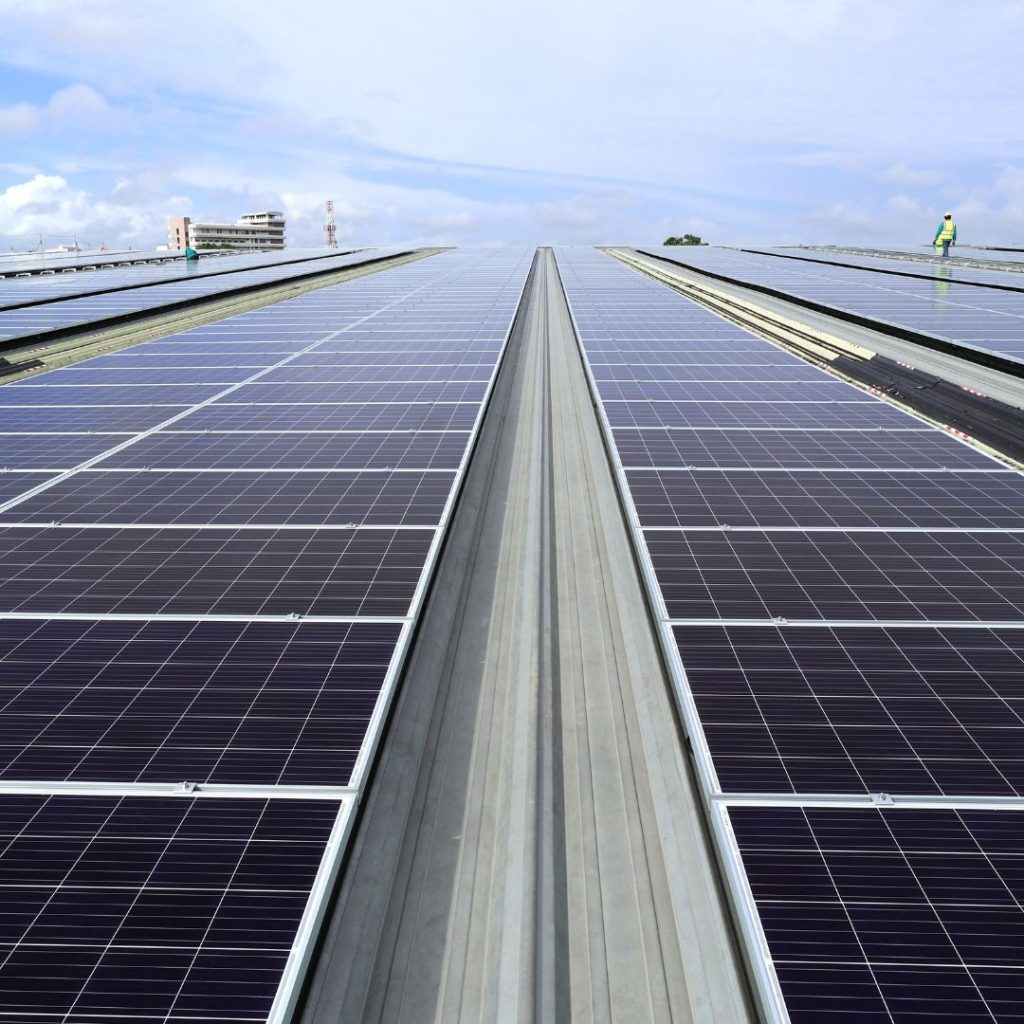Expansion of renewables at an all-time high, but the pace is still too slow

There is good and not so good news on the current status of the expansion of renewable energies in Europe. According to a new study by the state-owned development bank KfW, around 44% of electricity in the EU will be generated by renewables in 2023. This is a "new record" according to the study. Nevertheless, the pace is too slow, criticizes the KfW.
While the share of electricity generated from renewable energies rose to 44% across the EU last year, the share of fossil fuels fell to 34% and nuclear energy accounted for 23%. This is the right direction, but the pace is "clearly too slow", explained KfW.
"Based on the current level, achieving the target will require a further significant expansion of climate-friendly generation capacities," Chief Economist Fritzi Köhler-Geib told tagesschau. There are major differences within the EU, with only three EU countries generating more than 75% of their electricity from renewables, namely Denmark, Luxembourg and Lithuania.
The ten countries that obtain between 50% and 75% of their electricity from renewables include Germany, Austria, Sweden and Portugal. According to Köhler-Geib, wind power is in first place in this country. There is still room for improvement in photovoltaics in every country.
Situation in Austria - increase speed, overcome hurdles
In Austria, too, the share of photovoltaics must increase significantly in order to achieve climate neutrality. While there was a decline in expansion around the turn of the year, the new funding call, which starts on Monday, is picking up speed again. The ÖNIP assumes that demand will increase by 2030, which means that the pace of expansion will have to increase significantly. On the one hand, the areas are existing sealed surfaces such as roofs, which are only partially suitable for PV systems. "To achieve this, we need to grow by more than two GWp per year in the PV sector," explains PV expert Christoph Mayr from the Austrian Institute of Technology (AIT) in an interview with ORF.at. "The target is challenging, but achievable if the framework conditions are right."
However, there are still some challenges, such as the hesitant approval of land for PV systems on open spaces, without which, according to experts, it will not be possible to achieve the PV output planned in the ÖNIP.
A new law, the so-called Renewable Energy Expansion Acceleration Act (EABG), which is intended to implement an EU directive on the expansion of renewable energy (RED III), stipulates that renewable energy projects should be implemented in the overriding public interest and therefore given priority and accelerated. It is hoped that this will greatly increase the pace of PV construction. "The EABG would certainly bring some relief, but the industry cannot wait for this and must continue to develop," says Mayr.
Left:
Information on the new funding call - start 15.4.2024 at 17:00






